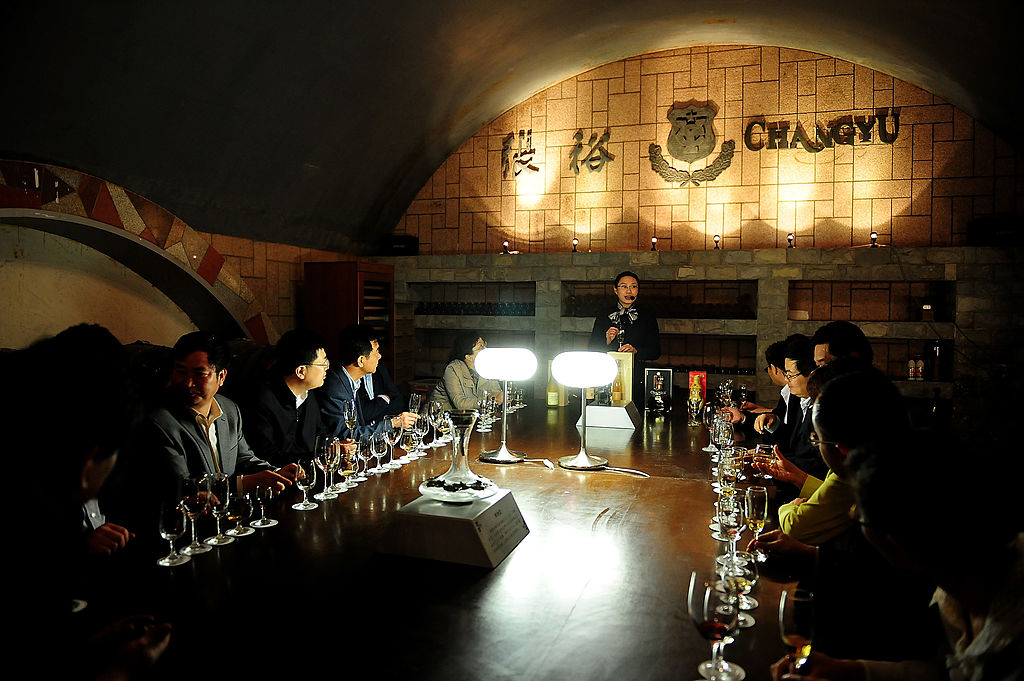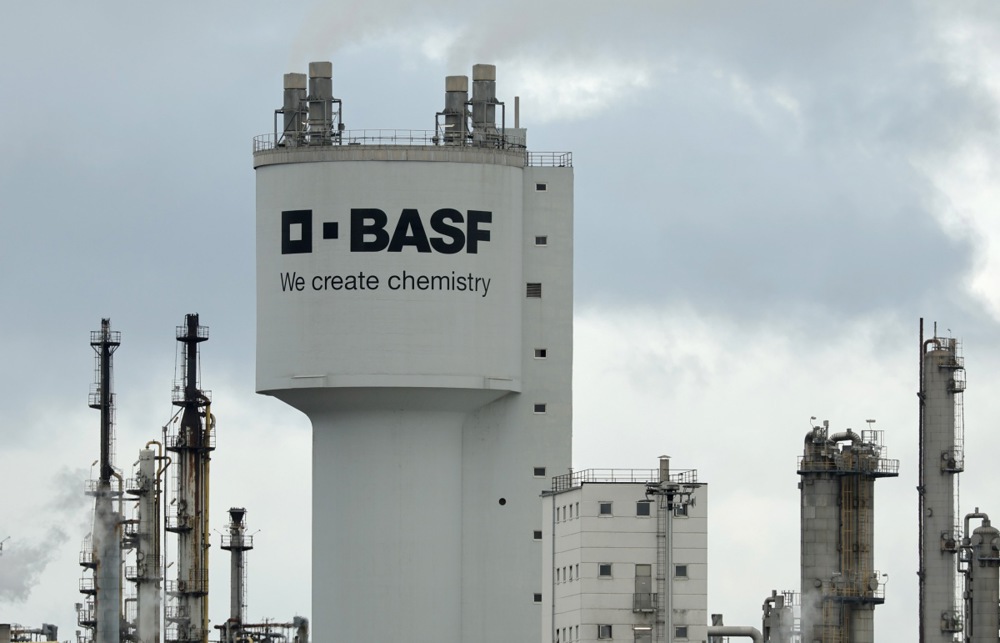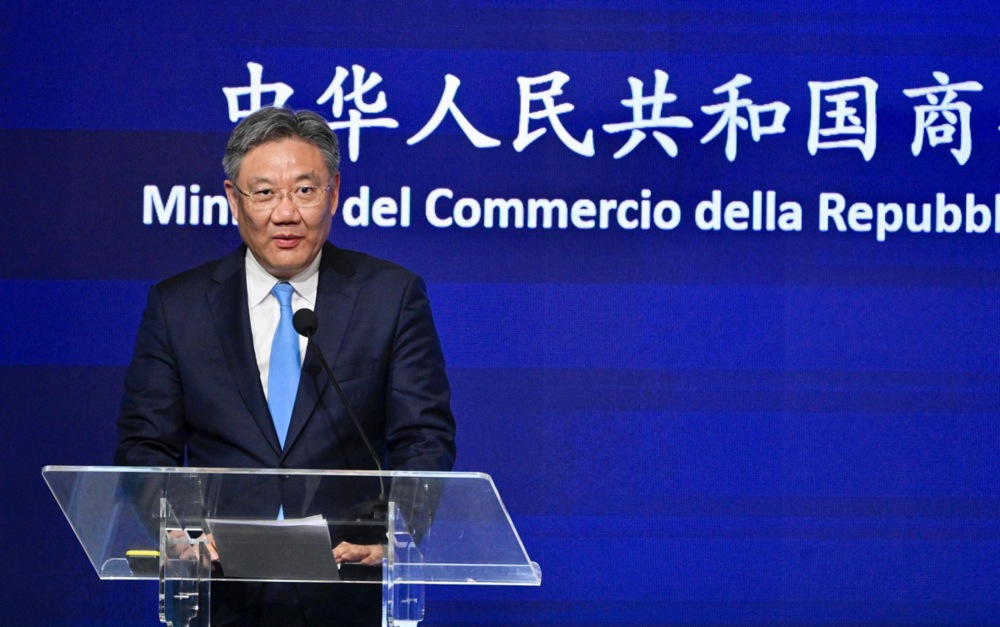China’s State Council announced the approval of new regulations on the management of rare earth materials, strengthening government control.
That will likely affect the rest of the world as rare earths are essential components in numerous modern technologies, especially electronics used in defence, clean energy and industrial applications.
The West regards the Chinese move as hostile, Bloomberg has reported. There has been a history of tit-for-tat tariffs, and anti-dumping probes.
#Chinese #RareEarth companies stage a strong rally in A-share market after State Council released regulation on rare earth mining, smelting and trade to safeguard national security https://t.co/haGgRmRP6L pic.twitter.com/7Ef4a9wGw1
— YUAN TALKS (@YuanTalks) July 1, 2024
Beijing claimed the new regulations were designed to protect and “rationally develop” rare-earth assets while safeguarding the environment and securing the country’s resources.
Amid its aims for a “green” transition away from fossil fuels, the European Union in particular has become increasingly reliant on Chinese rare-earth material exports for its tech sector.
In a bid to tackle that, in April this year the EU signed a deal with Japan aimed at reducing the bloc’s reliance on Chinese exports, with a focus on the development of “advanced materials” in the tech sector, such as those used to create semiconductors and batteries.
It also devised a Critical Raw Materials Act aiming to ensure the secure and sustainable supply of critical raw materials for European industry.
The EU wants to increase and diversify its critical raw-materials supply and strengthen so-called circularity, including recycling.
In 2022, China accounted for 70 per cent of the world’s mined production of rare earths, followed by the US, Australia, Myanmar and Thailand, data from the United States Geological Survey (USGS) shows.
China refines 89 per cent of the world’s neodymium and praseodymium, key metals for electric vehicle magnets, albeit a dominance that is expected to dip to 75 per cent by 2028, according to consultancy Benchmark Mineral Intelligence.
According to the Beijing-based Association of China Rare Earth Industry, the country has in recent years become the world’s dominant producer of rare earths, accounting for almost 90 per cent of global refined output.
Beijing has recently tightened controls on rare-earth technologies, banning exports of tech related to extraction, separation and magnet production methods. The country’s leading anti-espionage agency emphasised in a November report that rare earths were strategic mineral resources “directly related to national security”.
Chinese companies violating the new mining and processing rules face fines of five to 10 times their profits. Rare-earth mining, refining and export firms will be required to track product flow and maintain an updated tracing system.
The regulations will take effect on October 1.





